What does the data tell us?
On Oct. 7, the day Hamas attacked Israel, the hashtag #HitlerWasRight appeared on X, the platform formerly known as Twitter. Over the next month, more than 46,000 posts featured the hashtag, often alongside language that called for violence against Jews.
.png)
.png)
.png)
the problems
Our research led us to summarize three problems on social media.

Problem # 1
Rampant Misinforamtion

Problem # 2
Erosion of Trust in Online Content

Problem # 3
Lack of Accountability for Influencers
The solutions
By recognizing the problems, we developed three solutions to tackle online hate and misinformation.

Solution # 1
Advanced algorithms that detect and flag misinformation

Solution # 2
Assigning credibility scores to social media users

Solution # 3
High credibility scores serving as status symbols
Competitive Analysis
Analyzing similar technology
Given the widespread issue of fake news on social media, the role of technology in mitigating it becomes crucial. In our research, we found that the Community Notes technology on X serves as an excellent model for Reptify. We examined this feature in detail to understand its strengths and weaknesses.
Community Notes
Technology
A crowdsourced fact-checking system that leverages user contributions and algorithmic oversight to annotate and provide context to potentially misleading tweets.
Strengths
Ability to harness the collective intelligence of a diverse user base to quickly identify and clarify misleading information in real time.
Weaknesses
Limitations in providing clear insights into the credibility and authenticity of users' social media account
The User
Users seek to discover the truth on social media platforms
Human instinct drives the desire to distinguish fact from fiction. This instinct compels social media users to seek accuracy.

The threat of losing status motivates individuals to alter their behavior.
In our society, verification badges and followers on social media are highly prized, serving as symbols of increased status and social capital. Thus, the idea of losing a blue check mark or followers is something many deeply fear.
On the right is an empathy map exploring how an influencer may feel, think, do, and say.
The most valued features on social media
Verification Badges
.png)
Followers

.png)
.png)

